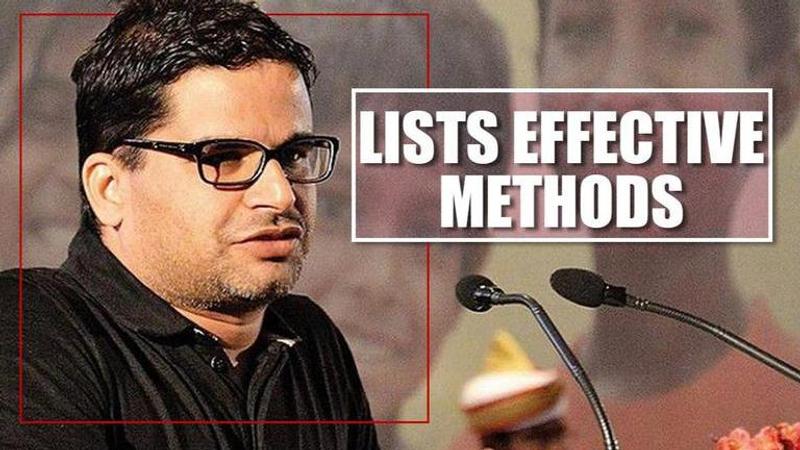Published 09:58 IST, December 22nd 2019
Prashant Kishor outlines future course of action to stop implementation of CAA & NRC
Janata Dal (United) vice president Prashant Kishor listed two effective methods via which the implementation of the CAA, as well as the NRC, could be halted.

Janata Dal (United) vice president Prashant Kishor on Sunday listed two effective methods via which the implementation of the Citizenship Amendment Act and the impending the nationwide National Register of Citizens exercise could be halted. First, he advised the people to continue the peaceful protests utilising all possible forums. Thereafter, he reckoned that it was crucial for a majority of the non-BJP Chief Ministers to oppose the National Register of Citizens in their respective states. Kishor opined that any other moves were symbolic of tokenism.
Kishor questions Congress leadership
Kishor has been vociferously speaking against the CAA and NRC. He even disagreed with his own party’s decision to back the legislation in the Parliament. On Saturday, Kishor slammed the Congress leadership on its absence in the nationwide protest against the Citizenship Amendment Act. He was reacting to Congress president Sonia Gandhi’s video statement where she took on the BJP. Kishor contended that Gandhi’s remarks would be rendered meaningless unless the CMs of Congress-ruled states declared their opposition to the National Register of Citizens.
CAA and NRC
While the CAA is a legislation that has been passed by both the Houses of Parliament, the government has described the NRC as "a normal process" to register one's name in the Citizens’ Register. While there has been no formal announcement of a nationwide NRC so far, many leaders of BJP including Union Home Minister Amit Shah have stated that it would commence very soon. The CAA seeks to provide citizenship to the minority communities namely Hindus, Sikhs, Buddhists, Jains, Parsis and Christians from Afghanistan, Bangladesh and Pakistan. This will be applicable to the members of these communities having arrived in India on or before December 31, 2014. Moreover, they will not be considered as illegal migrants. Additionally, the mandatory residence period for naturalised citizenship for these communities would be reduced to 5 years.
Updated 10:24 IST, December 22nd 2019




